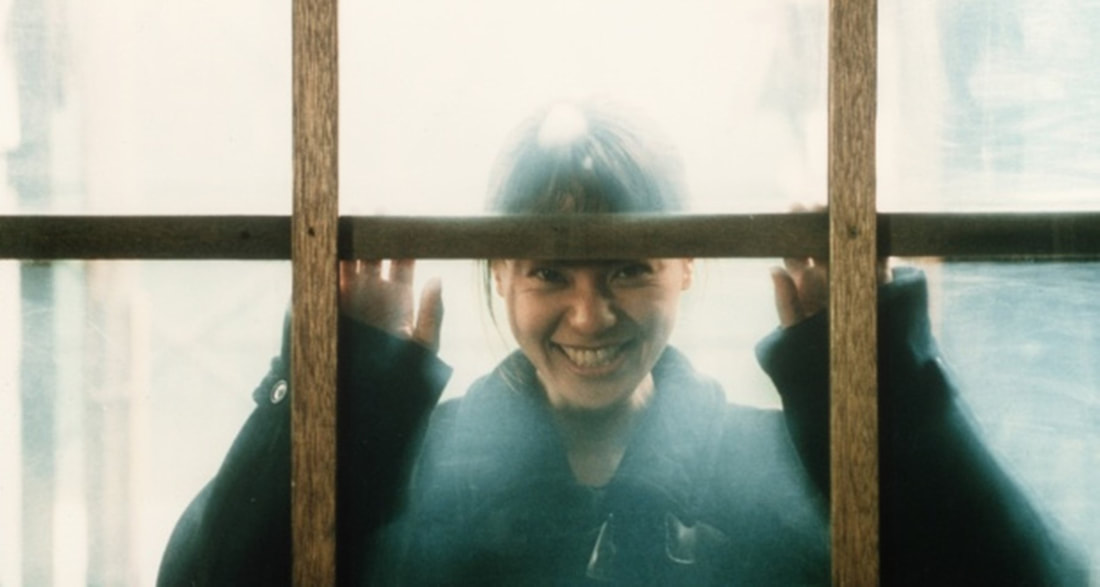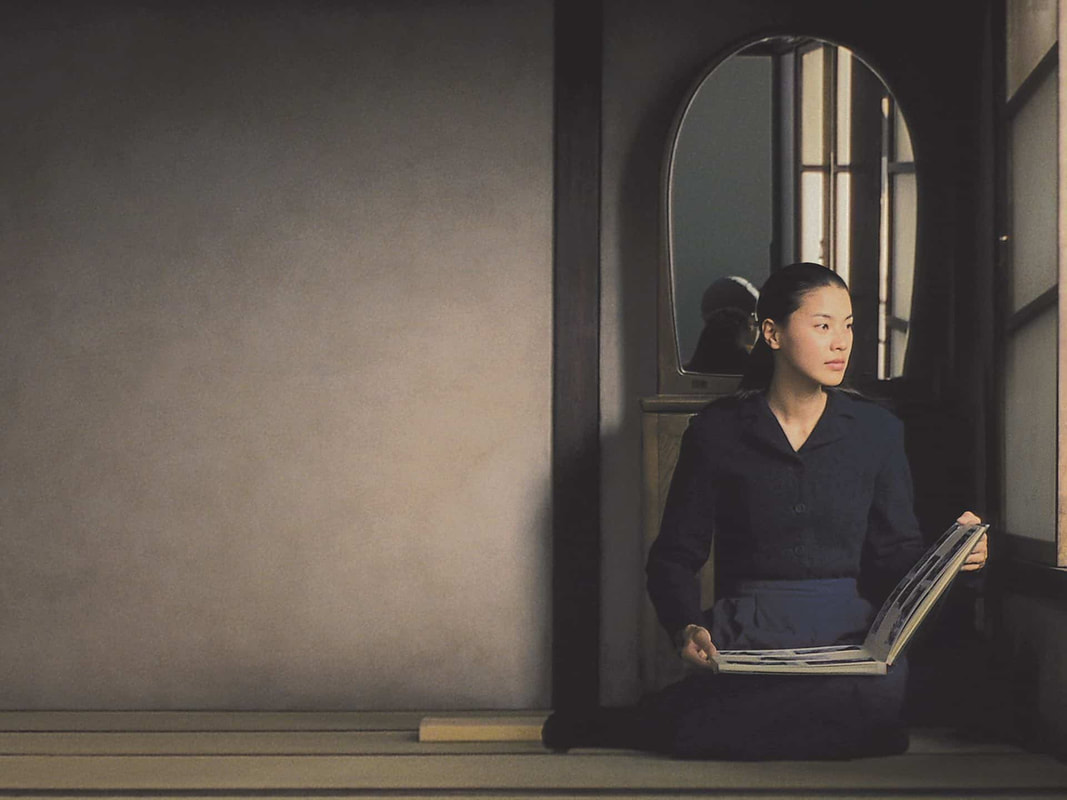|
|
THURSDAY 12 MARCH
Players Theatre Doors: 7.30pm Film: 8pm Maborosi (12A) This is a rare chance to see the stunningly beautiful 1995 debut of Hirokazu Kore-eda. This exquisite film follows the spiritual odyssey of Yumiko a young Japanese woman recovering from her husband's inexplicable suicide. Several years pass, and Yumiko takes the train from Osaka to Noto, a fishing village on the sea of Japan, to marry a widower in a match arranged by a friend. She seems to find happiness in her new life, but the rugged seaside landscape, harsh weather and seasonal changes become powerfully emblematic of Yumiko's emotional state. Powerful, deeply moving and filled with superb performances. |
|
Film review
Peter Bradshaw The Guardian ★★★★ The title loosely means “vision” or “illusion” but for its Japanese release, the full title of this film was “phantom light” – like our will-o’-the-wisp – and its relevance to the story isn’t made explicit until the very end. This 1995 movie was the debut of Hirokazu Kore-eda, now one of the titans of world cinema. His key preoccupations are here: families (especially divided families), grief, humility, loneliness, secrets, the sharing of food. It is a sombre and painful drama, enacted with reserve. There are no closeups, and it is fully one hour into the running time before we get even a medium shot of the female lead’s face. Even then there are shadows. Yumiko (Makiko Esumi) is a woman with a baby who is devastated when her husband and childhood sweetheart, Ikuo (Tadanobu Asano), takes his own life for no apparent reason by walking in front of a train. The authorities are unthinkably crass in breaking the news to her. Even her mother seems brisk and insensitive, after a while telling her to pull herself together. Then a kindly neighbour with an interest in matchmaking steers Yumiko to a young widower, Tamio (Takeshi Naitō), who has a daughter and lives in a remote coastal town. Tending towards submission, obedience and a sense that her own unhappiness is an imposition on other people, Yumiko agrees to move out there. At first, the marriage seems like a redemptive miracle, but the couple’s respective losses are not so easily wished away. The mystery of Ikuo’s death hovers and flickers at the film’s horizon. Did he somehow wish to create a better future for Yumiko – that’s if Yumiko’s present state really is better than any she could have had with him? Or is there is no rhyme or reason to his death – did he walk on the railway tracks due to a whim, moment of inattention or incaution, or melancholy trance? (Yumiko’s journey to her new married life means a rail journey, and she and her young son have to walk over the tracks to get to the correct platform.) At the film’s beginning, he talks about Yumiko’s apparent belief that he is the reincarnation of her grandmother, who simply walked out of the family’s life around the time Yumiko met him. The universe in some inscrutable way may be trying to prove him wrong. The film’s muted, minor-key harmonies shimmer, like its distant, hallucinatory light. |
Director: Hirokazu Kore-eda
Writer: Yoshihisa Ogita, Teru Miyamoto Cinematographer: Masao Nakabori Starring: Makiko Esumi, Takashi Naitô, Tadanobu Asano Running time: 110 mins Other Reviews
Rotten Tomatoes - Critics 100% Audience 83% The Guardian - ★★★★ The Telegraph - ★★★★ The Independent - ★★★★★ The Times - ★★★★ |















